Body shaming is a persistent issue that society has tried to address countless times. Yet, prominent personalities and everyday people still face trolling over their body types and appearances. However, USA rugby star and Olympian Ilona Maher (@ilonamaher) knows how to shut down trolls like a true champion. When a social media user attempted to fat-shame her during the busy 2024 Olympics in Paris, she delivered the perfect clap back in an Instagram reel.
Maher posted a lot of videos on her social media profiles since landing in Paris for the summer games. On one of her posts, a user commented on her BMI (Body Mass Index), “I bet that person has a 30% BMI.” Maher took this criticism as an opportunity to educate her followers about what BMI score means for athletes. According to the Cleveland Clinic, “BMI is a tool that healthcare providers use to estimate the amount of body fat by using the person’s height and weight measurements." That said, it should also be noted that a BMI score is not always an accurate representation of fat in a person's body, especially in the case of athletes and bodybuilders with heavy muscle mass as told by Dr Atul Peters, best bariatric surgeon in delhi.
So, the 27-year-old rugby star responded to the trolling in the most sassy way, “I think you were trying to roast me, but this actually is a fact. I do have a BMI of 30 — well, 29.3 to be more exact." She added, “I’ve been considered overweight my whole life.” According to LiveStrong, the BMI of women athletes should fall into the range of 12 to 22 percent body fat and for male athletes, it should be around 5 to 13 percent. However, in athletes, greater muscle mass and higher bone mineral density often add up to extra pounds. Therefore, some athletic individuals have a high BMI but a low percentage of body fat.
Maher said she weighs 200 pounds and is 5 feet, 10 inches tall, the two measurements used to calculate the BMI. She revealed that this is not the first time she has been at the receiving end of body shaming. She, in fact, has been shamed for being “overweight” for so many years. But the athlete has since learned that her BMI isn't an accurate reflection of her health or what she's capable of. Maher said she has “170 pounds of lean muscle mass,” which would add up to extra weight that's not body fat.
“I chatted with my dietitian because I go off of facts and not just what pops up (in my head) like you do,” Maher continued, targeting the troll. “We talked about how (BMI) really isn’t helpful for athletes." She then explained how BMI isn’t an accurate measurement of health for athletes. “BMI doesn’t really tell you what I can do. It doesn’t tell you what I do on the field, how fit I am,” Maher said. “It’s just a couple of numbers put together. It doesn’t tell you how much muscle I have or anything like that. So yeah, I do have a BMI of 30.”
“I am considered overweight. But alas, I’m going to the Olympics and you’re not,” Maher concluded in an awesome response and hit the nail on the head. Her post garnered massive support from people all over the world. Ashley Guzman (@ash_laaayy), who teaches body positivity, commented, “Sad to think how our entire life we’ve been conditioned to believe the BMI scale is accurate.” Another Olympian, Elana Meyers Taylor (@elanameyerstaylor) asserted that, “High BMI has been the key to my Olympic success!”

Nutritionist Wendi Iribeck (@nutrition_with_wendi) added, “BMI is totally irrelevant for athletes,” and explained that "body composition, body fat, lean mass, bone mineral density, blood work, HRV all important metrics for an athlete to focus more on concerning objective data. How you’re sleeping, how you’re performing, muscle soreness, and overall joy in sport.” Wendi is correct, as LiveStrong also explains that “body composition gives an athletic individual a more accurate profile than BMI of health status concerning weight because you are measuring fat and not just weight.”

Maher has also been vocal in addressing trolls who criticize people’s bodies and fat shame. In another reel on July 18, Maher addressed the body-shaming trolls again, referring to her muscular shoulders. “I always tried to hide my shoulders,” she said. “I always had really long hair because I wanted to cover it and seem feminine. It’s really taken years of learning and deprogramming to love my big shoulders and to really find them beautiful.”
“It’s about time we start loving and appreciating our big, broad, beautiful shoulders,” she wrote in the caption and we couldn't agree more.





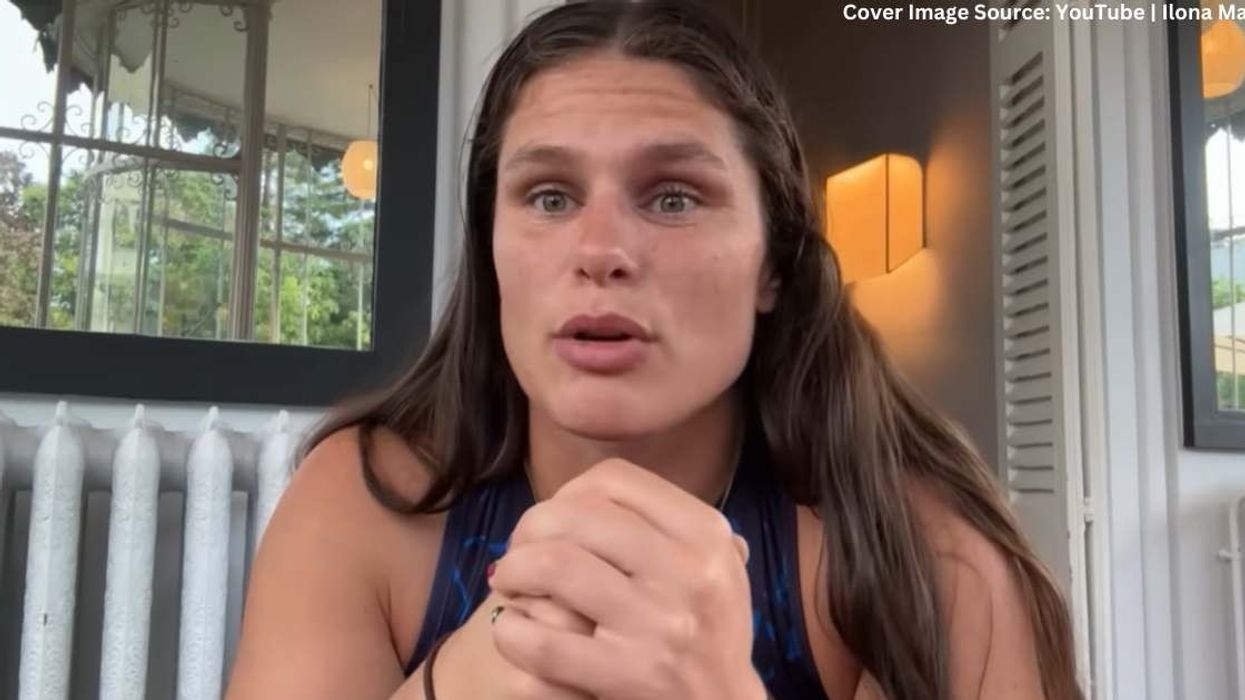

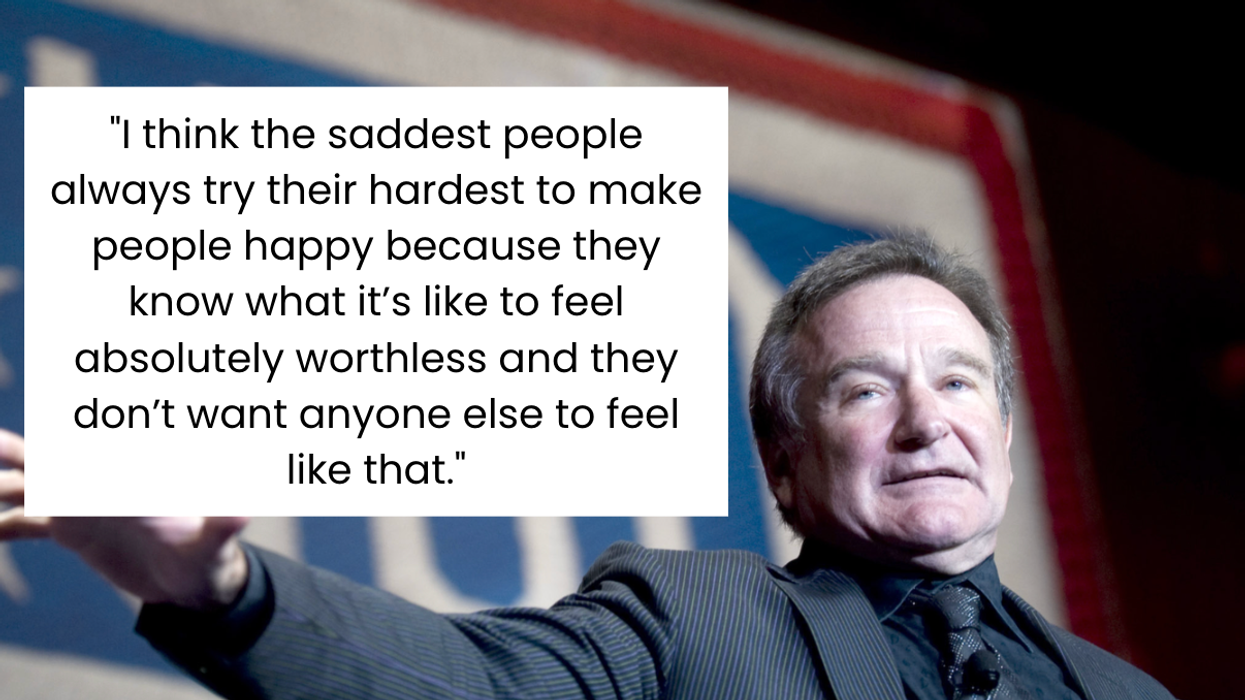









 A symbol for organ donation.Image via
A symbol for organ donation.Image via 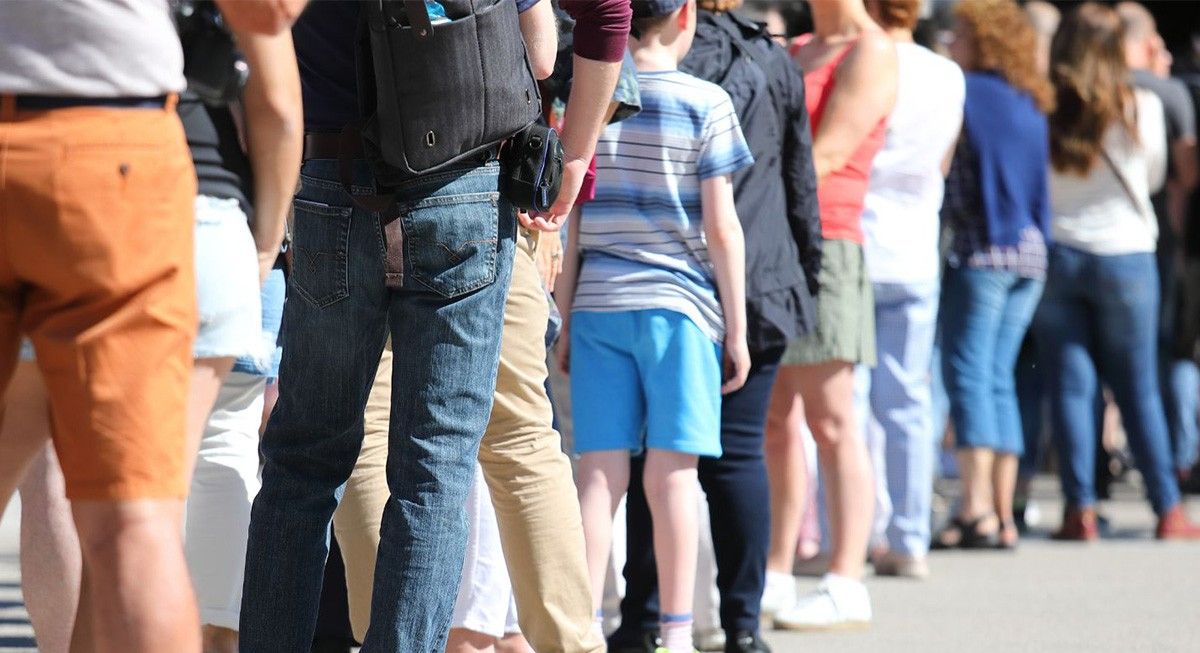 A line of people.Image via
A line of people.Image via  "You get a second chance."
"You get a second chance." 


 36 is the magic number.
36 is the magic number. According to one respondendant things "feel more in place".
According to one respondendant things "feel more in place". 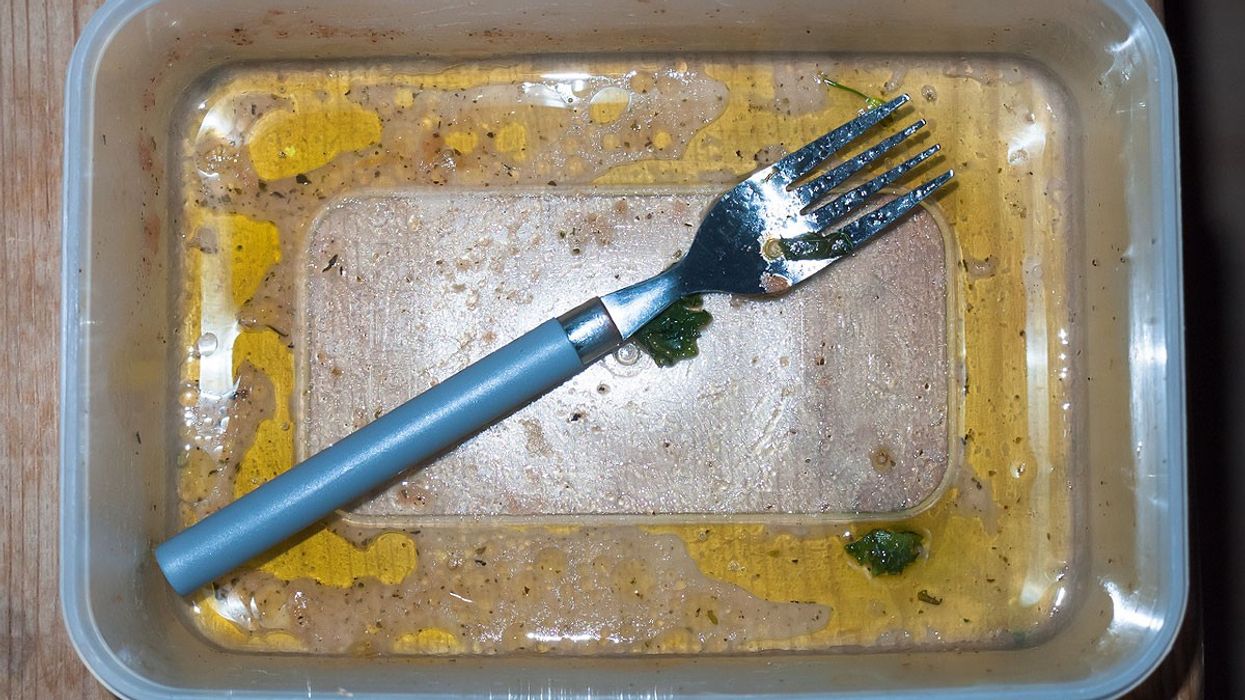
 Some plastic containers.Representational Image Source: Pexels I Photo by Nataliya Vaitkevich
Some plastic containers.Representational Image Source: Pexels I Photo by Nataliya Vaitkevich Man with a plastic container.Representative Image Source: Pexels | Kampus Production
Man with a plastic container.Representative Image Source: Pexels | Kampus Production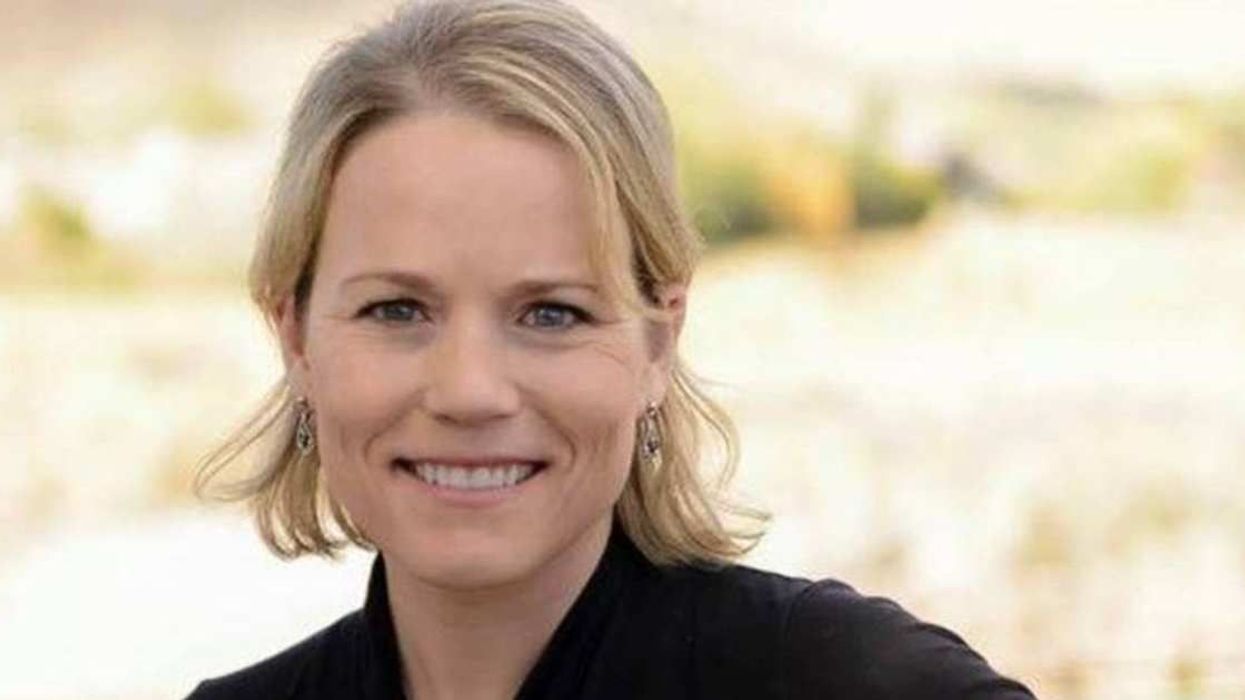
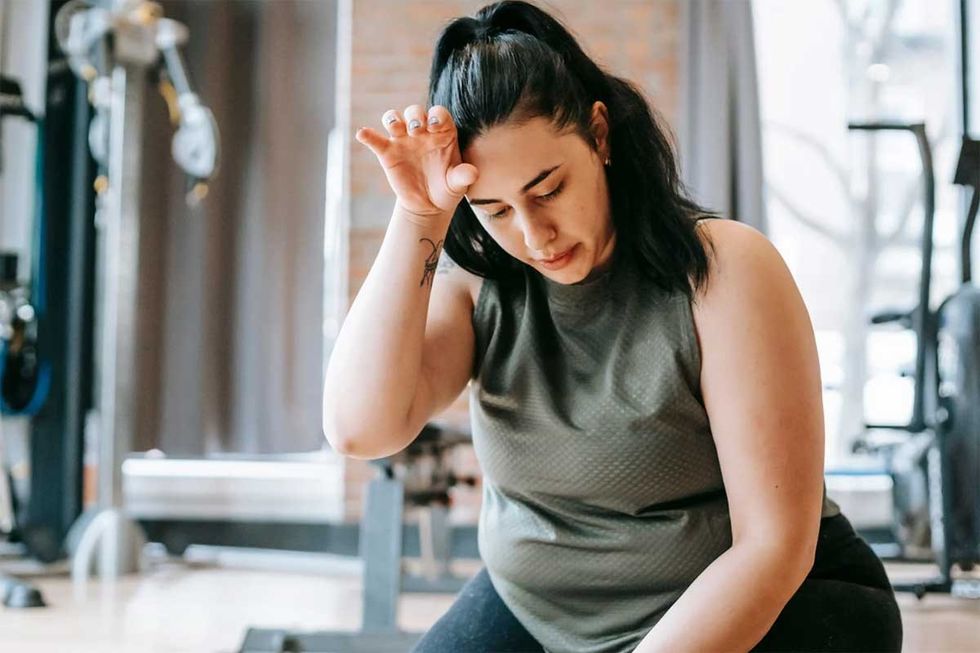 Canva
Canva It's easy to let little things go undone. Canva
It's easy to let little things go undone. Canva
 Photo by
Photo by 
 Teens are waiting longer than at any point in the survey’s history. Canva
Teens are waiting longer than at any point in the survey’s history. Canva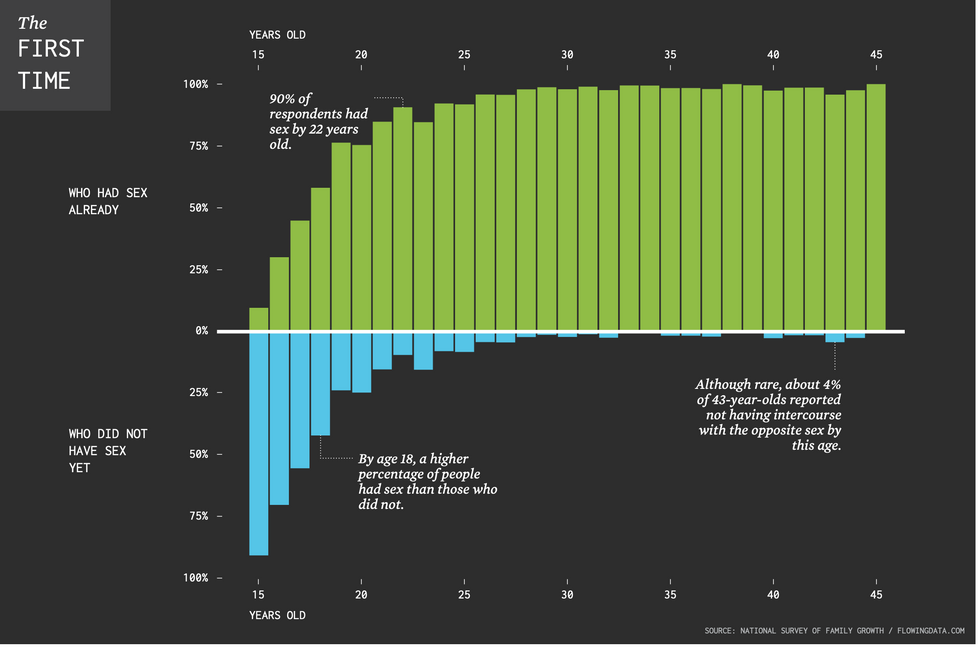 Chart on the age of a person’s first time having sex.National Survey of Family Growth/flowing data.com | Chart on the age of a person’s first time having sex.
Chart on the age of a person’s first time having sex.National Survey of Family Growth/flowing data.com | Chart on the age of a person’s first time having sex.